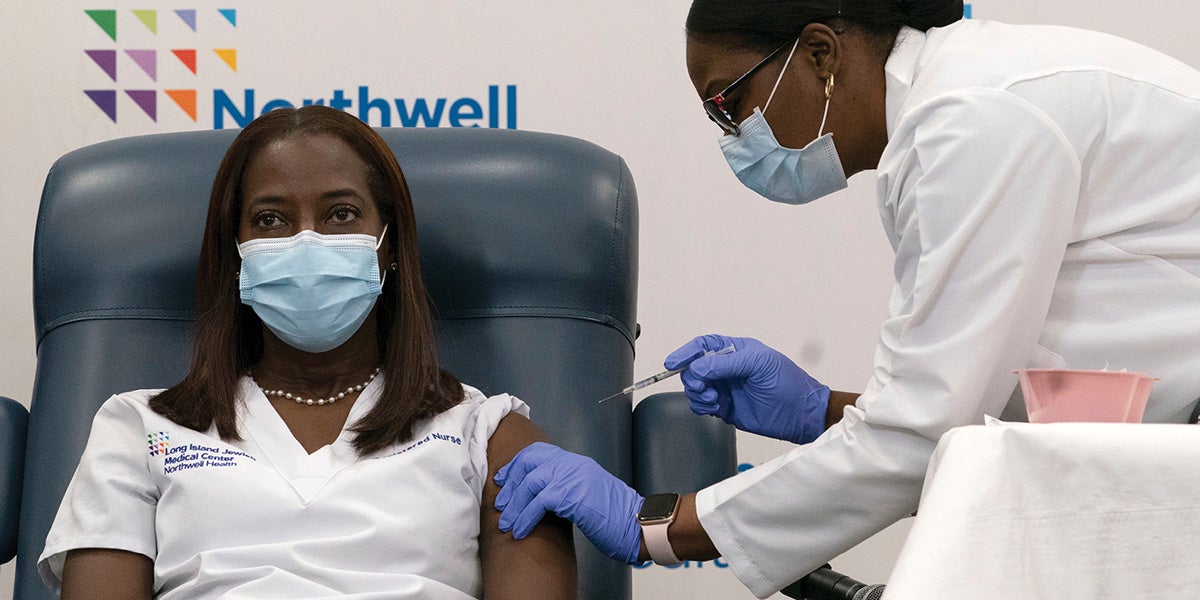Related Topics
Allergies are getting worse with climate change
Experts say that climate change may be leading to worse pollen allergy seasons, as trees and plants such as ragweed are producing pollen sooner because warmer weather is starting earlier in the year.
Failure of tuberculosis treatment linked to bacterial resilience
Researchers have discovered a new form of altered drug susceptibility—dubbed antibiotic resilience—that enables Mycobacterium tuberculosis to survive antibiotic treatment.
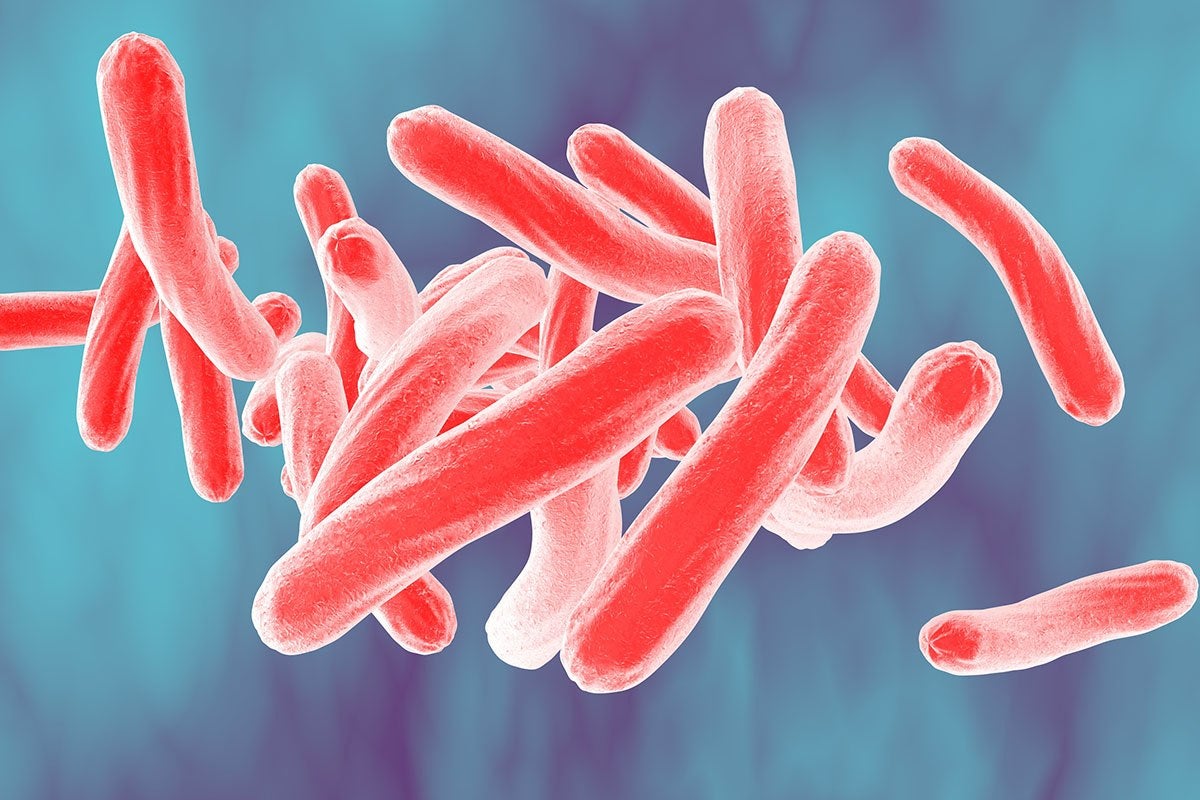
Confronting the challenges of long COVID
At a September 23 virtual event at Harvard Chan School, experts discussed the wide-ranging impacts of long COVID and current research strategies for advancing treatments and diagnosis.
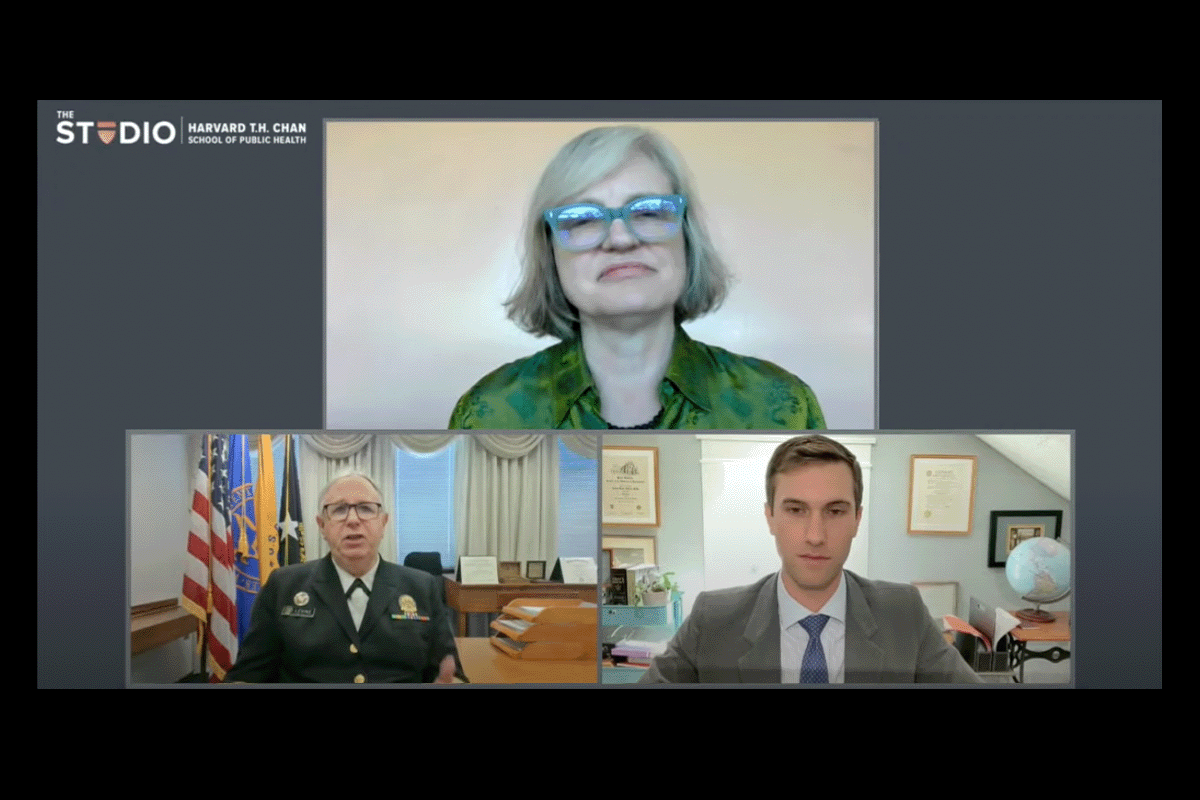
U.S. early warning system aims to track emerging health threats
Since August 2021, Marc Lipsitch, professor of epidemiology and director of the Center for Communicable Disease Dynamics at Harvard Chan School, has been working to strengthen the U.S. early warning system for health threats as director for science…

Science unclear around fourth COVID-19 shot
Several countries have authorized second booster shots of COVID-19 vaccine, but concerns have recently been raised about whether this is a useful approach.
Flaminia Catteruccia named Howard Hughes Medical Institute investigator
The Howard Hughes Medical Institute (HHMI) has named Flaminia Catteruccia, professor of immunology and infectious diseases at Harvard Chan School, as one of 33 new HHMI investigators.
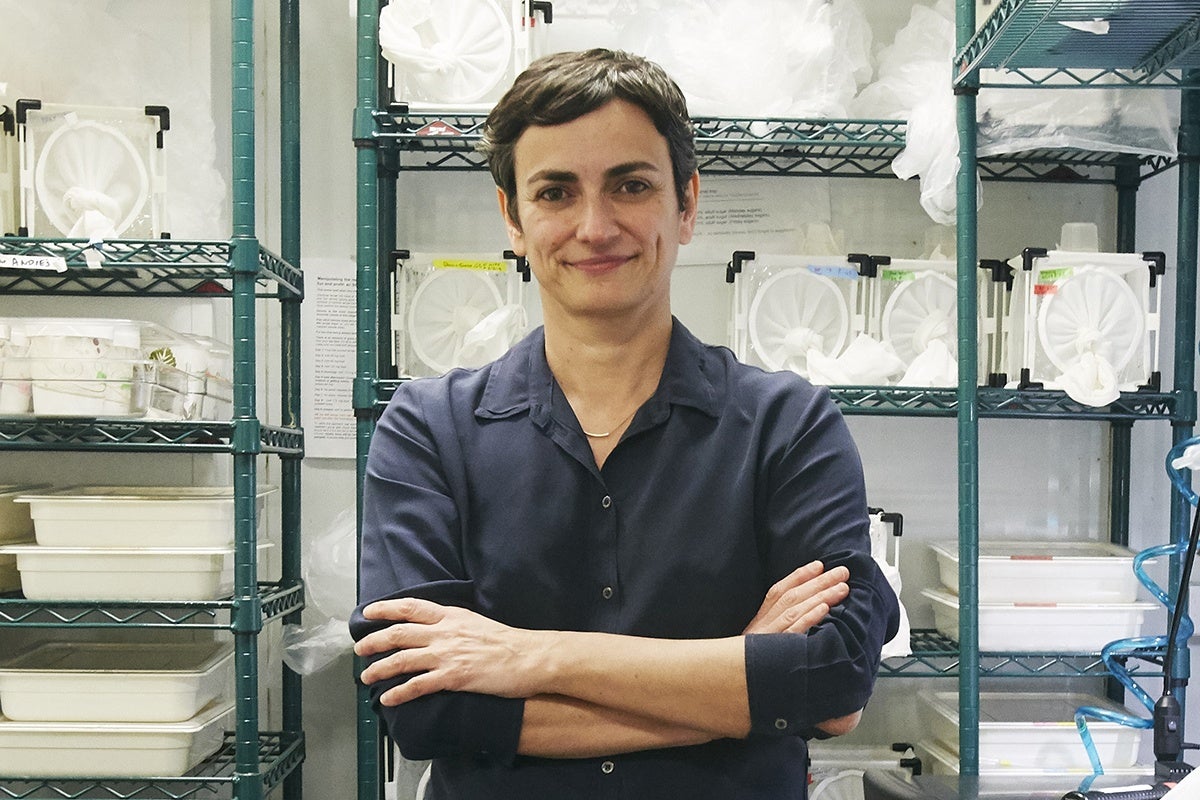
Leading coronavirus scientist, Kizzmekia S. Corbett, to join Harvard T.H. Chan School of Public Health to continue vaccine development research
Leading coronavirus scientist Kizzmekia S. Corbett is joining Harvard Chan School as an assistant professor to continue vaccine development research.
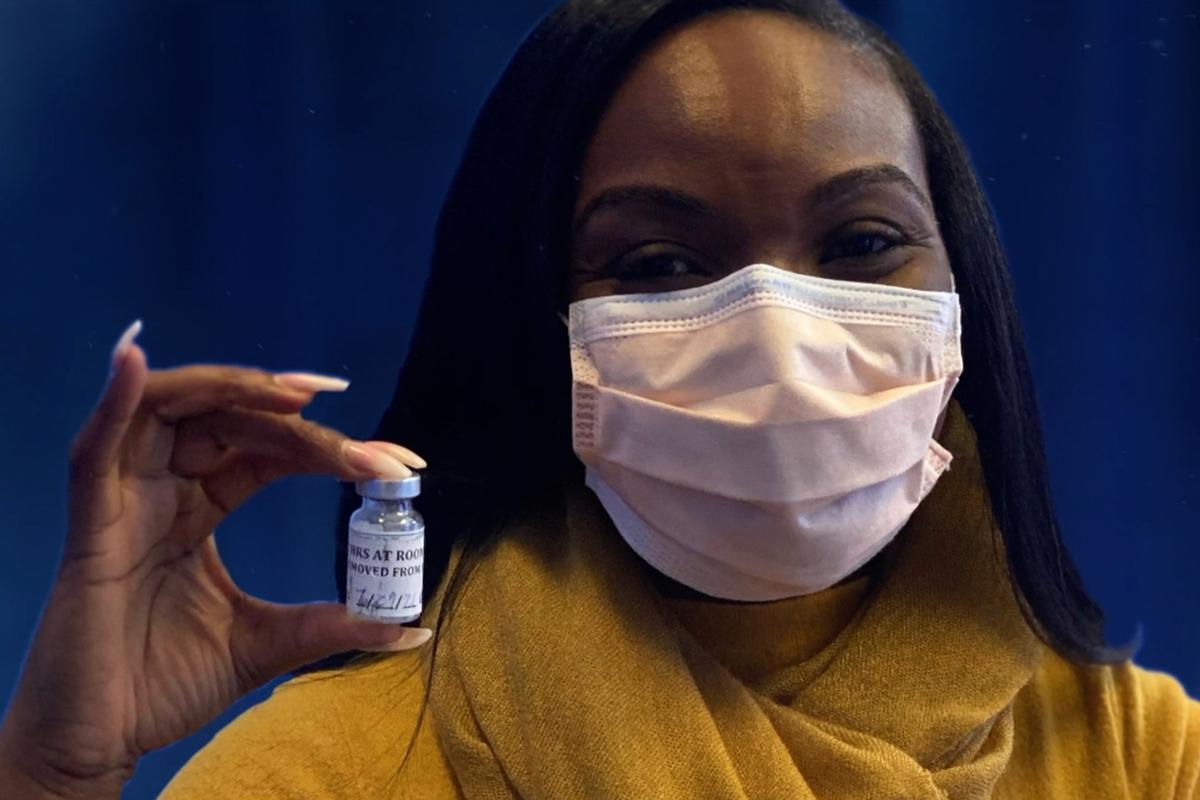
Op-ed: Preventing disease by addressing climate change, understanding immunity
To reduce the threat of major global diseases such as COVID-19, governments must make greater investments in climate-change solutions and in understanding how the human immune system works, says Wayne Koff, adjunct professor of epidemiology at Harvard T.H.…
Exploring how ‘forever chemicals’ may harm immune function
Mounting evidence suggests that widely used chemicals called per- and polyfluoroalkyl substances (PFASs) interfere with immune system function. Experts are concerned that exposure to these chemicals could diminish the immune system’s ability to fight a host of infectious…
A Shot in the Arm
Vaccines are underfunded, understudied, and underappreciated as a vital tool in public health. could COVID-19 be the start of a vaccine renaissance?
